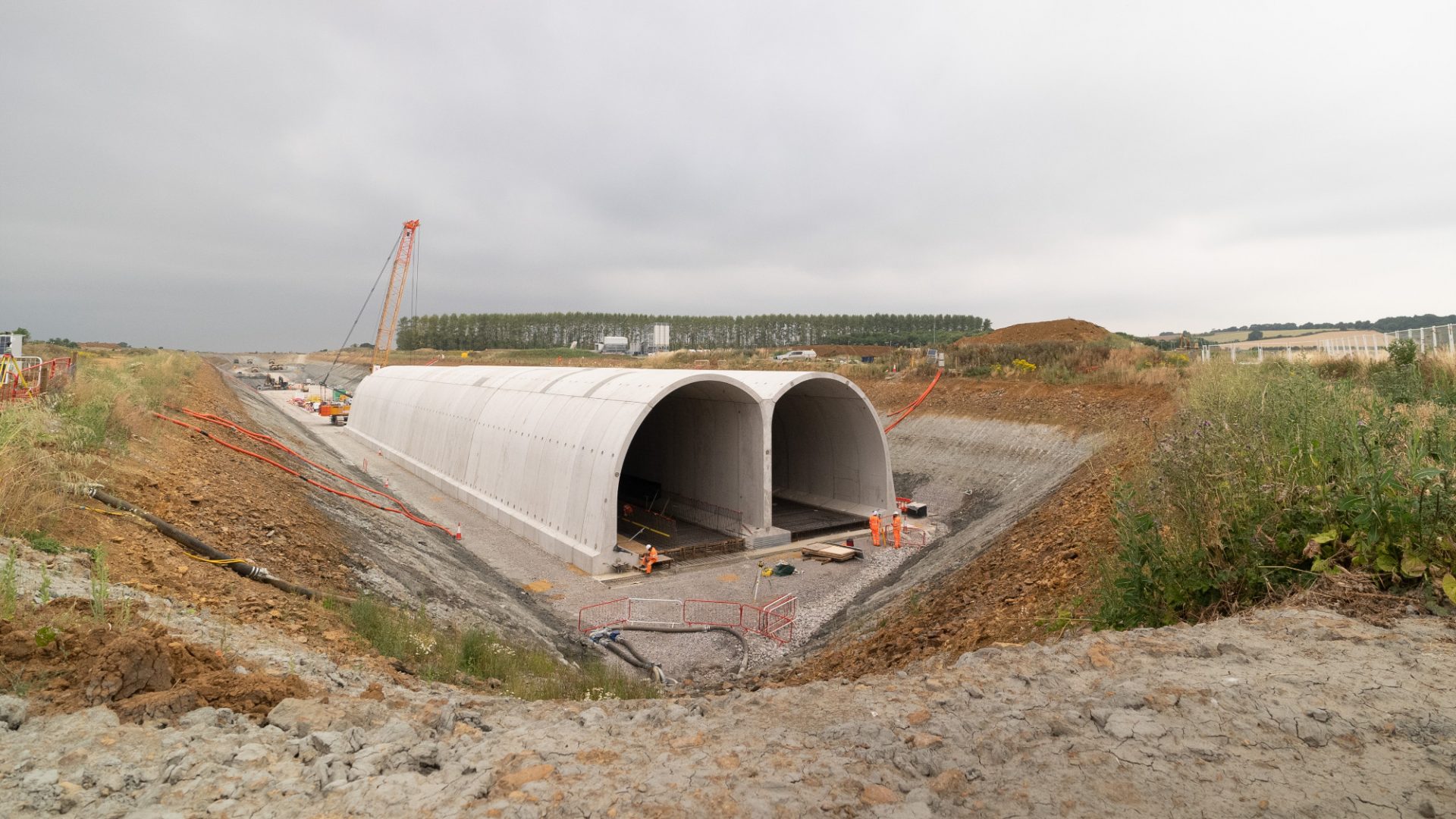There is an episode of The Simpsons in which Bart is put in the remedial class because he has fallen so far behind the other students. Confused, he says to his teacher: “We are behind the rest of the class and we are going to catch up with them by going slower than they are?”
Britain’s most pressing economic problem is its terrible level of investment, and it is hard to find a better explanation than the one given by Bart Simpson. We are behind nearly everyone else, our main economic rivals are miles ahead in terms of wealth and productivity, and we are planning to catch up with them… by investing less. Investing less means we cannot grow as quickly, and that means we will continue to fall ever further behind.
It is not as if the evidence is not right in front of our eyes, and the IPPR has pulled it all together in a report. The UK has been bottom of the G7 league table for investment in 24 of the last 30 years and now has the lowest investment rate of any G7 country. This not only means that the government is not investing enough, but that private-sector investment by business has been the lowest in the G7 for three years in a row.
The chart setting out UK business investment since the Brexit referendum in 2016 shows that it is flatlining. If trends had continued past 2016 at their underlying rate, British industry would be investing 10% more than it is at the moment. This is despite the government throwing ever more generous investment subsidies at British companies – they just don’t want to risk borrowing and investing, however great the incentives.
Low investment means, over time, that the UK is just less productive than it could and should be. If you compare us with our major rivals, we are a massive 40% less productive than workers in the USA and about 20% less productive than French and German workers. As Romesh Vaitilingam wrote for the Economics Observatory earlier this year: “The persistent productivity gap between the UK and the two big continental European economies can mainly be ‘explained’ by the fact that they have more capital invested per worker and their workers are more skilled.”
France is 40% more capital intensive than the UK and Germany 60%; meaning every worker has 60% more training, equipment and facilities than a British worker. We don’t stand a chance. That is just about it really; sometimes economics is just that simple.
We have to invest more – a lot more – if we want to catch up. But the last time the UK managed to invest even the average level of other G7 members was in 1990. If we had managed to maintain that level of investment, we would have spent another £1.9tn by now. You get an awful lot of training, new roads, railways, schools, research labs, factories and machinery for almost £2tn.
Why it was not invested is one of the great “what ifs” of the British economy. You can blame the short-termism of the British banking industry, Brexit, bad management always seeking quick profits, poor education and training, a planning system that is not fit for purpose, and economic uncertainty caused by government inconsistency; the most likely reason is that it is a combination of all the above.
Things are not helped by the fact that cutting investment is the easy option for governments and firms that are short of money, because the savings are immediate and any consequences come much later. When the alternative to cutting investment is firing nurses or putting up taxes, it is the easier option.
But Gregory Thwaites, research director at the Resolution Foundation, says the answer must be to take a longer-term view. For him that means legislating at the beginning of the parliament on how much the state needs to invest and then forcing the chancellor to stick to that plan in subsequent budgets.
This would, Thwaites explains, also help private investment: “These two things are related, because public- and private-sector investments are complementary. So, if you want to build a new distribution centre but you don’t have the right roads or enough electricity in the right place, then you can’t do that.”
Just look at HS2: decades in the planning, billions spent, billions wasted on tunnelling to placate Tory MPs who didn’t want rail lines spoiling their constituents’ views, huge business decisions based on its completion, and then cancelled when it was already half built. We have ended up with a train line that reaches neither central London nor central Birmingham, let alone the north.
As a result, businesses have had the rug pulled from under them.
Can you imagine the message this sends to the rest of the world, let alone to British business? The UK cannot even finish a train line between its two largest cities. We appear an incompetent, short-term, and short-sighted country with an untrustworthy, unreliable, penny-pinching government.
Then you have the problem of constantly-changing governments; five prime ministers in 14 years, different economic policies, new chancellors and business secretaries, all of them changing tax rates while committing acts of self-harm like Brexit, austerity and Trussonomics. Investment decisions are made easier by stability and consistency – no wonder business investment is so low.
And after the election? The analysis by the IPPR is truly frightening, because it seems both big parties are lining up to slash investment again. The Conservative Party’s plans imply significant cuts to public investment. Labour is promising £4.7bn more per year for a “green prosperity plan”, but even that still implies an overall fall in investment. It seems that whoever wins the election they will have to slash investment further to balance the books.
Thwaites, for one, thinks there is room for manoeuvre. “I don’t think the UK has maxed out its credit card at the moment and it makes sense to borrow for investment. I think the markets would be up for that.” As he puts it – if you borrowed £100,000 and told your partner you had spent it down the pub, they would be furious. But if it was for a loft conversion, they might be happier. He believes the markets are likely to treat borrowing for investment in a similarly benign way.
There are also structural reforms that would help, such as changing the pension industry’s rules to let them invest more in UK firms, and especially smaller ones. A much larger British Business Bank, changes to the planning rules, and reforms to encourage long-term thinking would be beneficial, too.
The IPPR is also recommending a green industrial strategy. This will help to create business certainty; business leaders will be sure there is a plan and that the government will stick to it long term, removing one of the greatest barriers to investment.
It also wants public investment benchmarks, so that we know how much needs to be invested to meet the goals of the government. It would become much harder for HM Treasury and the government to slash investment spending, because it would immediately be clear what the long-term costs would be.
So a government that cut health investment would have to explain why it wanted to make people sicker in 10 years’ time. A ministry that wanted to cut back on the road building and repair budget would have to explain why it wanted to damage people’s cars, create traffic jams and undermine the distribution network. If the Department of Education slashed research budgets, it would be forced to tell us all why it wanted to stop the development of new industries.
In short, we would begin to see investment as essential, rather than optional. That way, we might invest more in our future. We might speed up, not slow down. We might catch up with our rivals, rather than fall further and further behind.




